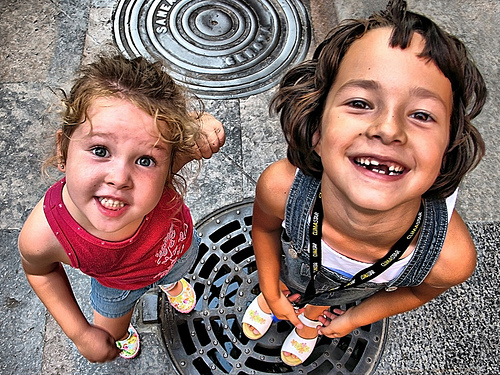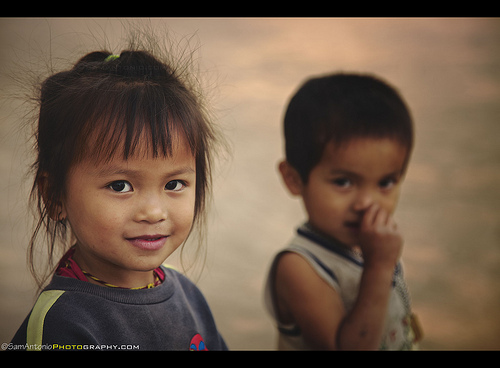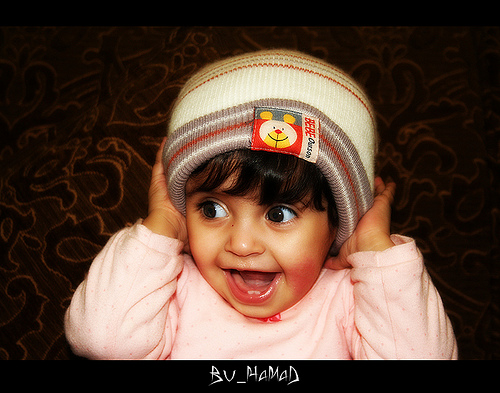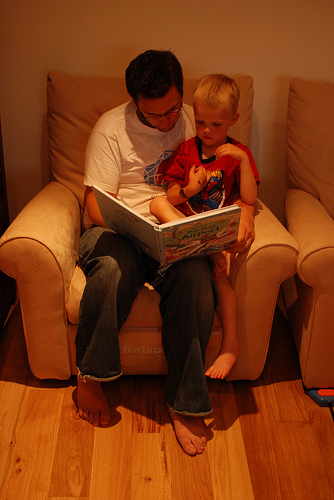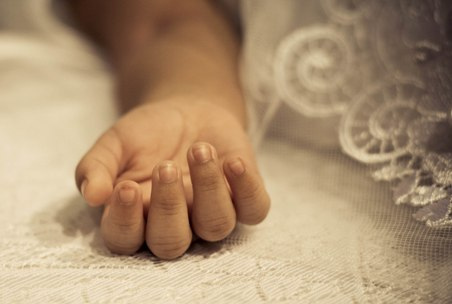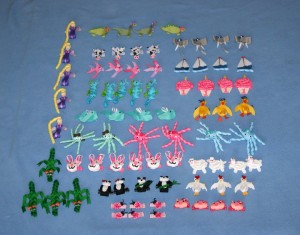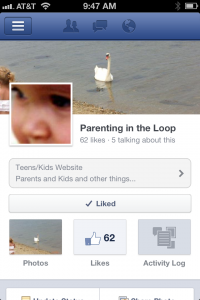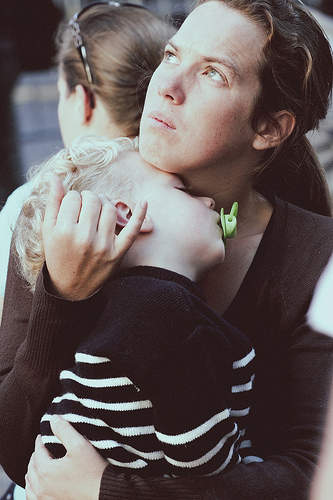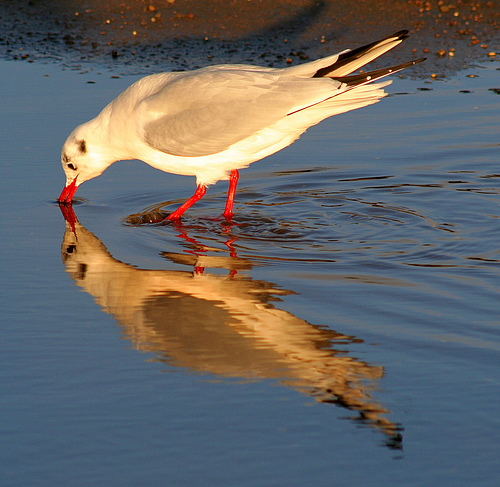Children and Emotional Health…how to foster emotional health in our children is, to me, one of the most misunderstood areas of child development.
I am the first to say, I wish I knew or I wish we knew more about child development while raising our own daughters.
While we are raising our children it is sometimes difficult to put aside the “ways” of own parents. They sneak into our relationships with our kids, especially when the going gets rough and we are tired.
Crying craziness…
When children are crying and their emotions are running high it has a tendency to push our buttons… at that moment it is so hard to step back and gain control of ourselves much less our little one.
But that is just what is needed in order to recognize our children‘s emotions as valid and acceptable. Now, I am not talking about “no discipline”.
It is really all about discipline.
Parental or adult discipline of children should be designed to help children engage better with others and to modify or control their behavior. Providing appropriate discipline to children is one of the most essential responsibilities of a parent. And providing consistent and positive discipline helps children grow into responsible adults.
According to the Committee for Children (2004), the purpose of discipline is “to encourage moral, physical, and intellectual development and a sense of responsibility in children.
Ultimately, older children will do the right thing, not because they fear external reprisal, but because they have internalized a standard initially presented by parents and other caretakers. In learning to rely on their own resources rather than their parents, children gain self-confidence and a positive self-image.”
via Child Discipline.
Discipline is really about “teaching” and modeling behavior…in order to teach as a parent you have to be in control of yourself and your own emotions…this is not easy when our child is having “a moment”.
Allowing your child to express his feelings and accepting his feelings is a time for us as parents and grandparents to teach them that their feelings are real and acceptable unless they are behaving destructively or in an unsafe way.
Tantrums can be unsafe…first control the environment and then deal with the tantrum itself. It is sort of like a panic attack…until the panic subsides there can be no teaching.
In the beginning, fostering healthy emotional development for our children means listening and trying to decipher our babies’ cries rather than immediately suppressing or ignoring them. It means that throughout childhood, anger, grief and sadness are acceptable feelings for our children to express anytime anywhere (although never in a destructive or unsafe manner). Granting our children this freedom to be their whole selves — unconditional acceptance — will lead to far fewer enraged or depressed adults in the future.
via No Angry Kids – Fostering Emotional Literacy In Our Children | Janet Lansbury.
Fostering emotional health in your child and unconditionally accepting a child’s emotions within a healthy framework is essential to growth and development.
In order to accomplish this, a parent or caregiver has to first, recognize their own emotions and be able to model acceptable behavior for their children.

